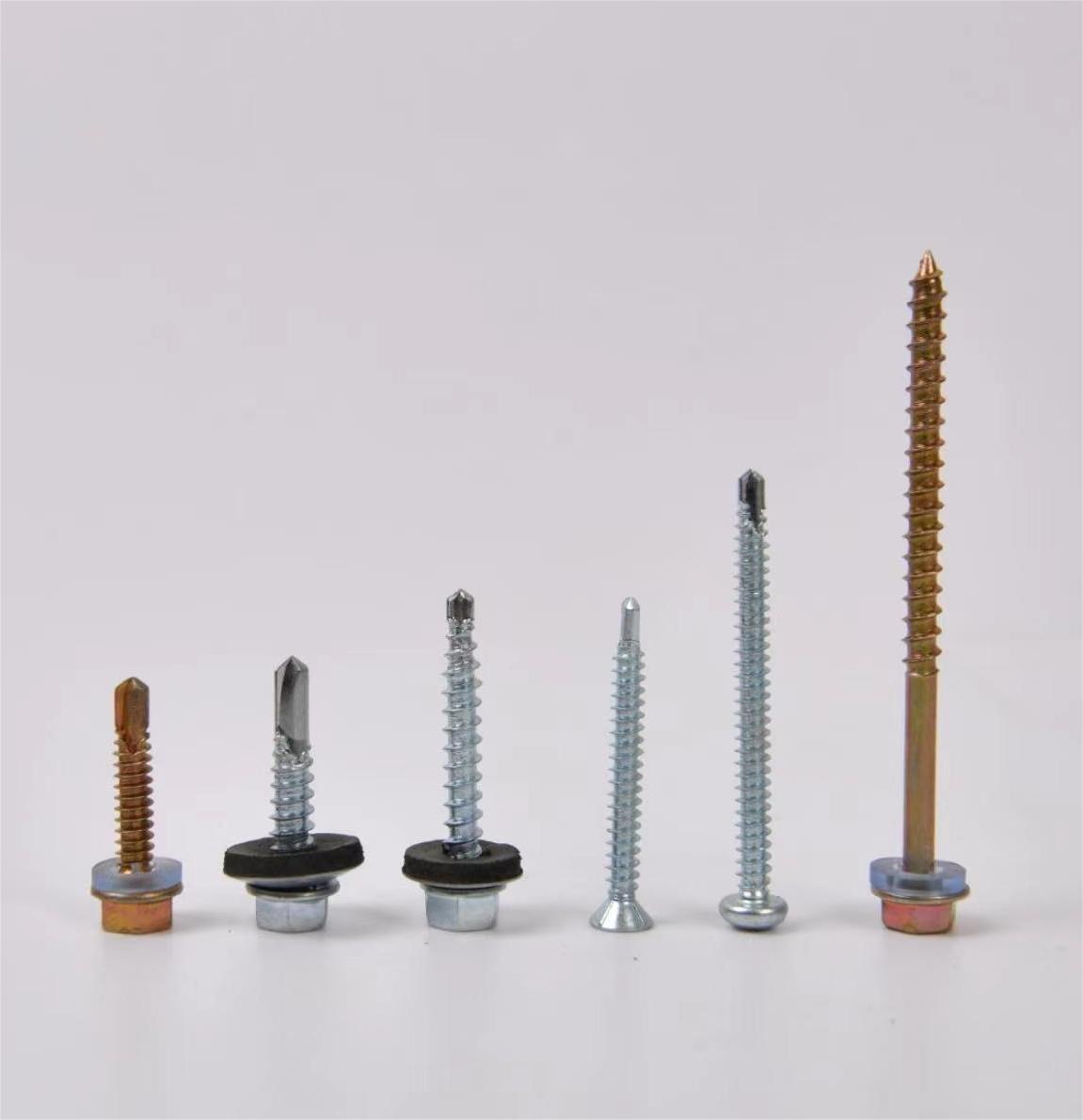custom self tapping screw vs self drilling screw
Custom Self Tapping Screws vs. Self Drilling Screws A Comprehensive Comparison
In the world of fasteners, selecting the right type of screw for specific projects is crucial for ensuring structural integrity and durability. Among the most popular options are custom self tapping screws and self drilling screws. Although these terms are often used interchangeably, they have distinct characteristics and applications. Understanding the differences can significantly impact the success of your projects.
What Are Self Tapping Screws?
Self tapping screws are designed to create their own hole as they are driven into materials. They feature sharp threads that cut through the material, which can be metal, plastic, or wood. The unique design allows for fast and efficient installation, as there is no need for a pre-drilled hole. This property makes self tapping screws ideal for fastening into thin materials or for applications where speed is essential.
One of the main advantages of self tapping screws is their versatility. They come in various sizes, lengths, and thread configurations, making them suitable for numerous applications, including construction, automotive, and general assembly. Custom self tapping screws are tailored to meet specific project requirements, such as resistance to corrosion or specific head styles for aesthetic purposes. This customizability makes them an excellent choice for specialized projects.
What Are Self Drilling Screws?
Self drilling screws, on the other hand, are a subtype of self tapping screws, specifically designed to drill their own pilot holes into materials, particularly metal. They have a unique drill bit-shaped tip that allows them to penetrate harder surfaces more easily than standard self tapping screws. This design not only simplifies the installation process but also increases efficiency by reducing the number of steps involved in fastening.
Self drilling screws are commonly used in construction and industrial applications, where they fasten materials such as metal roofing, steel studs, and other heavy-duty assemblies. Due to their ability to drill through harder materials, these screws are particularly beneficial when working with thicker gauges of metal, eliminating the need for pre-drilling and allowing for faster project completion.
custom self tapping screw vs self drilling screw

Key Differences Between Self Tapping and Self Drilling Screws
1. Design and Functionality While both types of screws are designed to create their own holes, self drilling screws take the process a step further by incorporating a drill bit tip for penetrating harder materials. In contrast, standard self tapping screws rely solely on their threading to cut into softer materials.
2. Material Compatibility Self tapping screws can be used with various materials, including wood and plastic, but they are often not ideal for very hard substances like steel. Self drilling screws, however, excel in metal applications, making them the preferred choice for fastening metal-to-metal assemblies.
3. Ease of Use Self drilling screws streamline the installation process, particularly in metal applications, since they eliminate the need for a pre-existing hole. This reduces labor time and improves overall productivity on construction sites.
4. Customization Both types of screws can be customized for specific applications. Custom self tapping screws can be manufactured to meet specific needs regarding size, thread type, and material, while custom self drilling screws can be tailored to suit different metal gauges and coatings.
Conclusion
Choosing between custom self tapping screws and self drilling screws ultimately depends on the specific requirements of your project. For applications involving softer materials or customizations for aesthetic purposes, self tapping screws may be the better option. In contrast, self drilling screws are better suited for projects that require fastening into harder substances, particularly metal. Considering the unique attributes of each type of screw will lead to better decision-making and successful outcomes in your fastening needs. Ultimately, understanding these differences can enhance efficiency, reduce costs, and improve the overall quality of your projects.
-
Top Choices for Plasterboard FixingNewsDec.26,2024
-
The Versatility of Specialty WashersNewsDec.26,2024
-
Secure Your ProjectsNewsDec.26,2024
-
Essential Screws for Chipboard Flooring ProjectsNewsDec.26,2024
-
Choosing the Right Drywall ScrewsNewsDec.26,2024
-
Black Phosphate Screws for Superior PerformanceNewsDec.26,2024
-
The Versatile Choice of Nylon Flat Washers for Your NeedsNewsDec.18,2024










